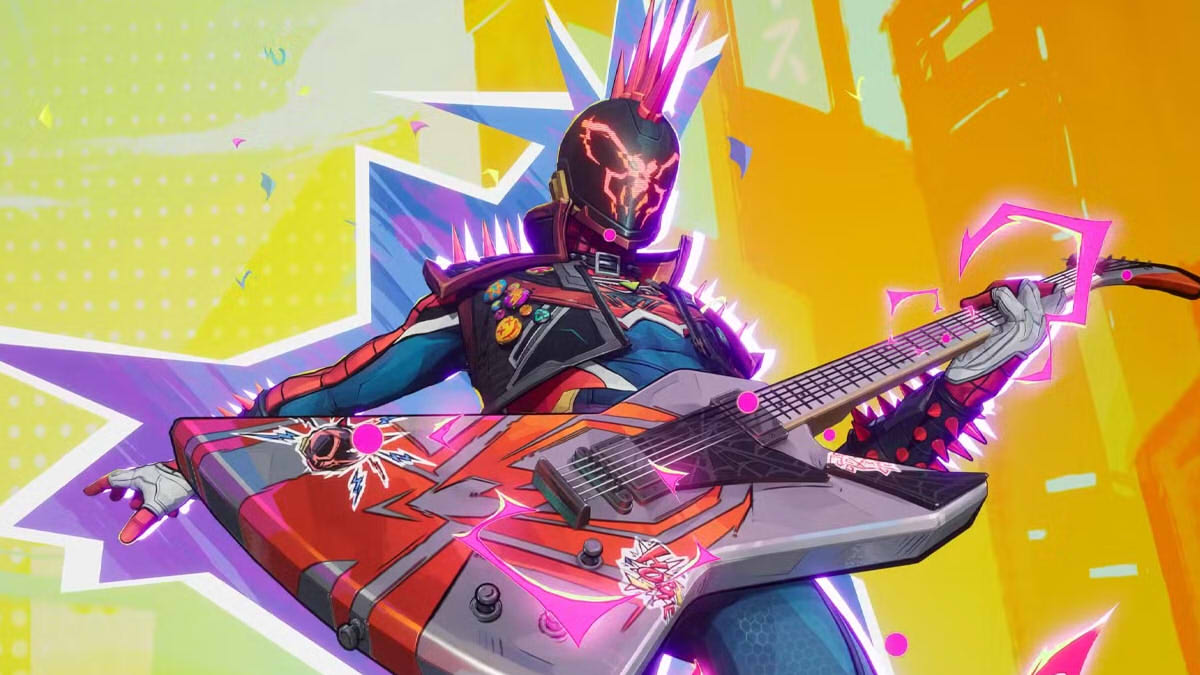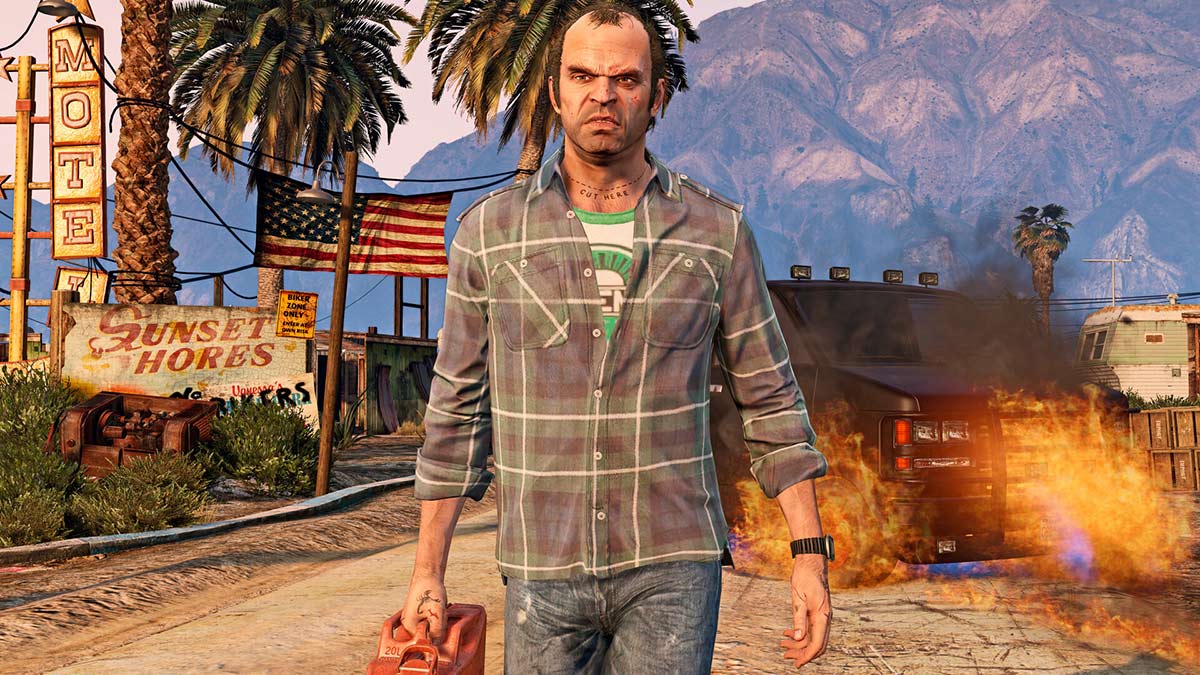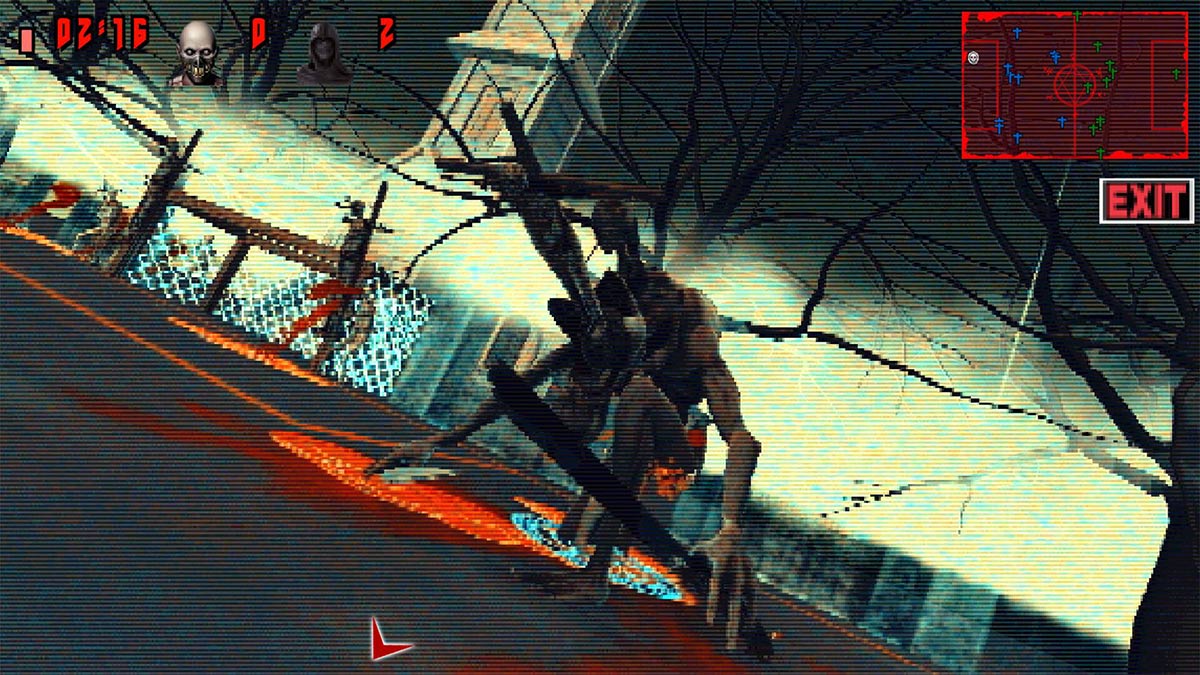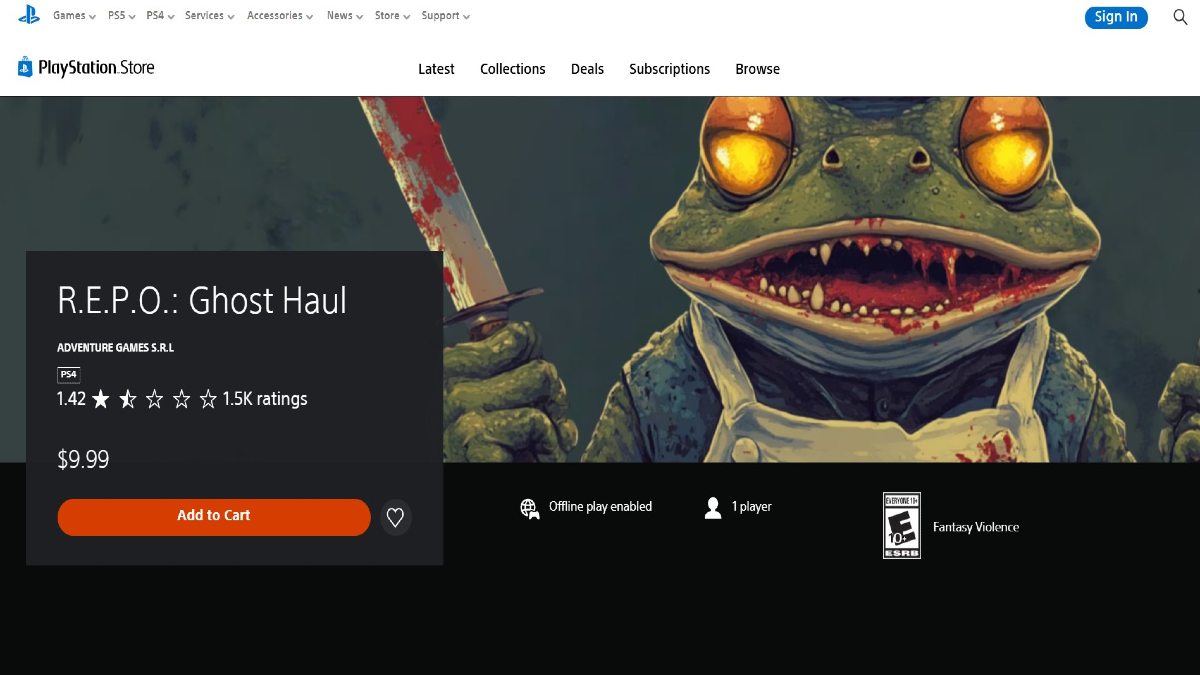Activision is the publisher behind many big games including the Call of Duty series and the Destiny franchise. Given the recent rise in selling in-game items for real money to players, known as microtransactions, it’s unsurprising that, earlier this month, Activision was granted a patent for a system the company intends to use to encourage online gamers to buy microtransactions.
However, speaking to Rolling Stone’s Glixel, Activision has stated that this technology is not currently being used in any of the company’s games. “This was an exploratory patent filed in 2015 by an R&D team working independently from our game studios,” an Activision spokesperson said. “It has not been implemented in-game.” Bungie has also since confirmed this technology is not featured in the recently released Destiny 2.
Usually, when playing online matches, a system is used to select players to play together. As it stands, the system used by Activision examines things such as player skill, internet latency, and availability of friends to select players. However, this new patent would adjust the old system in order to make the purchasing of microtransactions more appealing to players.
As the patent states: “For example, in one implementation, the system may include a microtransaction engine that arranges matches to influence game-related purchases. For instance, the microtransaction engine may match a more expert/marquee player with a junior player to encourage the junior player to make game-related purchases of items
possessed/used by the marquee player. A junior player may wish to emulate the marquee player by obtaining weapons or other items used by the marquee player.”

This system could then be used to promote certain microtransactions according to what would appeal most to players.
“In a particular example, the junior player may wish to become an expert sniper in a game (e.g., as determined from the player profile), the microtransaction engine may match the junior player with a player that is a highly skilled sniper in the game. In this manner, the junior player may be encouraged to make game-related purchases such as a rifle or other item used by the marquee player. ”
The system could also put players into matches that make use of an in-game purchase, essentially advertising that item to players.
“Doing so may enhance a level of enjoyment by the player for the game-related purchase, which may encourage future purchases,” according to the patent. “For example, if the player purchased a particular weapon, the microtransaction engine may match the player in a gameplay session in which the particular weapon is highly effective, giving the player an impression that the particular weapon was a good purchase. This may encourage the player to make future purchases to achieve similar gameplay results.”
Whilst this system is mainly designed for first-person shooter games, the patent points out it could be used in a variety of game genres.
The concept of microtransactions is certainly a controversial one. They are becoming more and more common in triple A titles but many gamers feel they have no place in games you already have to pay upfront for. Games such as Shadow of War, Star Wars: Battlefront II, and Destiny 2 have all been criticized for the use of microtransactions and no doubt news of this patent will be poorly received by some.
MORE NEWS:
- Team Fortress 2’s Jungle Inferno Update Offers Campaign Pass and War Paint
- Pokemon Ultra Sun and Moon’s New Scenario Is Twice the Volume of the Original Story
- ARMS’ Latest Update Adds New Badges and Replay Features













Updated: Oct 18, 2017 11:54 am